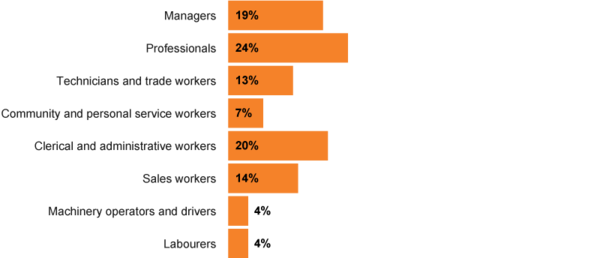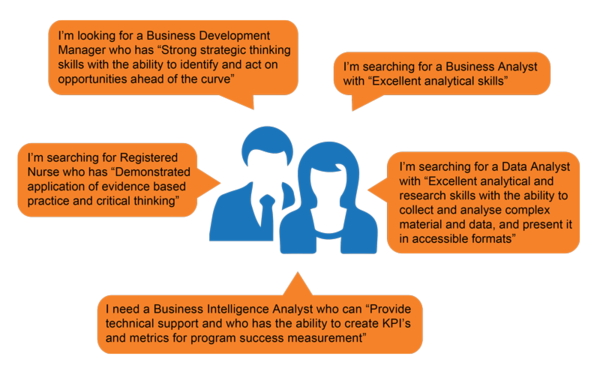The National Skills Commission’s report State of Australia’s Skills 2021: Now and into the Future reveals that during the COVID-19 pandemic there has been an increase in demand for core competencies or ‘employability skills’ such as teamwork, planning and organising, and problem-solving skills.
The Australian Industry Standards report Industry Outlook 2021: Water Industry Reference Committee divulges the pandemic created a surge in the uptake of digital and remote connection technologies. With data analytics enabling digital simulation and modelling of water networks to collect real-time data from control systems and sensors, the report advised the workforce will require skills for the new technologies and the data analysis and management of them. The report also noted industry requires a flexible workforce with skills such as creativity, problem-solving, and critical thinking.


















